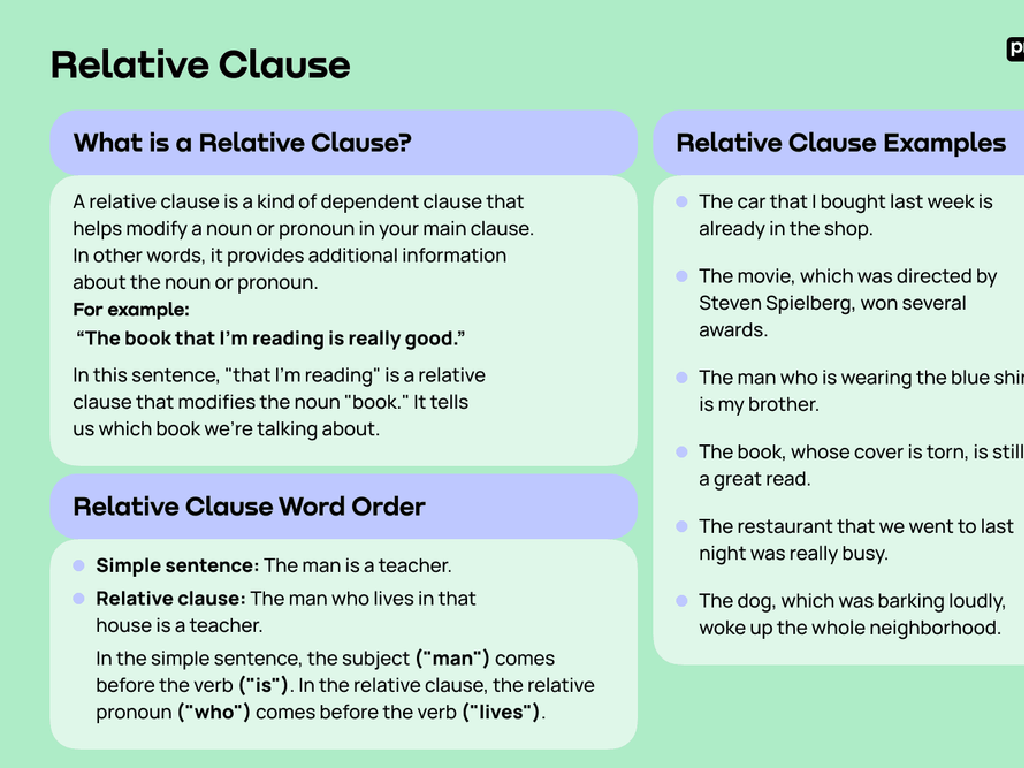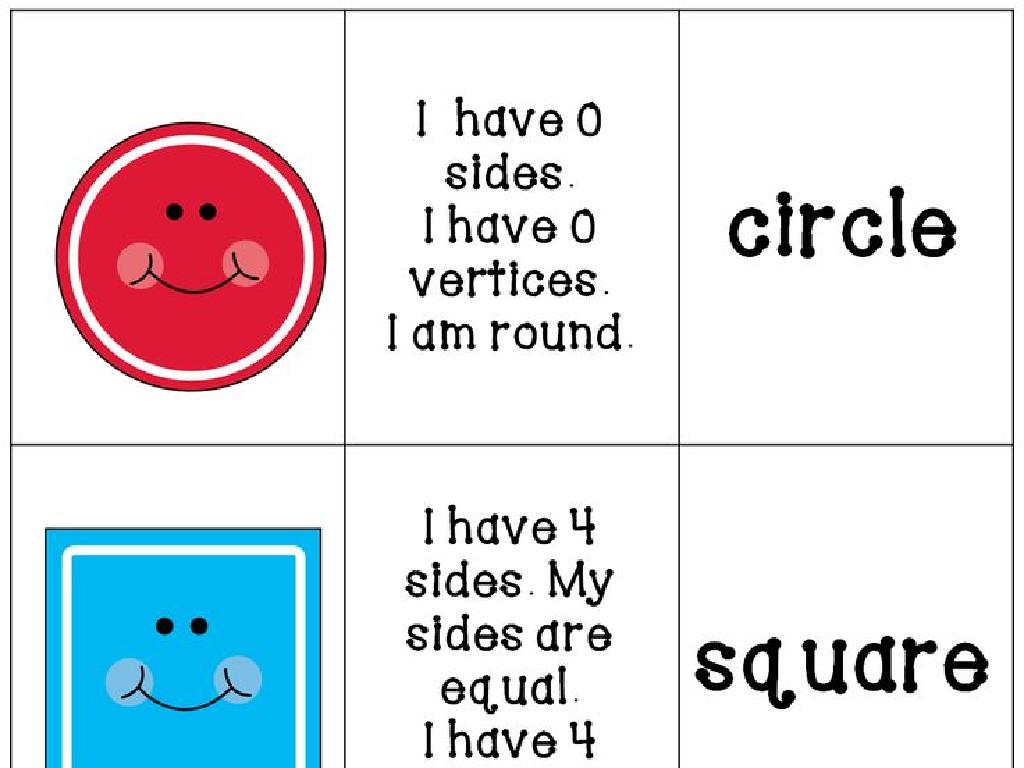The Revolutionary War: Conclusion And Aftermath
Subject: Social studies
Grade: Seventh grade
Topic: The American Revolution
Please LOG IN to download the presentation. Access is available to registered users only.
View More Content
The Revolutionary War: Conclusion and Aftermath
– Recap of the American Revolution
– Significance of the Revolutionary War
– Established U.S. independence, setting stage for democracy
– Overview of Conclusion and Aftermath
– Discuss Treaty of Paris, formation of U.S. government
– Impact on modern America
– How Revolutionary ideals influence today’s society
|
This slide introduces the final stages of the American Revolution, setting the context for the conclusion and aftermath of the Revolutionary War. Begin with a brief recap of the key events leading up to the war’s end to refresh students’ memories. Emphasize the war’s significance in establishing the United States as an independent nation and the birth of American democracy. Provide an overview of the Treaty of Paris and the challenges of forming a new government. Conclude by discussing the long-term impacts of the Revolution on modern American society and values. Encourage students to consider how the outcomes of the war still resonate in current political and cultural ideologies.
The Final Battles of the Revolutionary War
– The Siege of Yorktown: the climax
– Last major battle, resulting in British surrender
– General Washington’s leadership
– Washington commanded the American forces
– The French alliance’s role
– French support was crucial for American victory
– Impact on the war’s outcome
– The alliance and victory at Yorktown led to British negotiations and the end of the war
|
This slide focuses on the concluding phase of the Revolutionary War, highlighting the Siege of Yorktown as the pivotal battle that led to the eventual surrender of British forces. Emphasize General George Washington’s strategic leadership and the critical support from the French alliance, which played a decisive role in the American victory. Discuss how the combined American and French forces managed to trap the British army, leading to their surrender and the end of the war. This victory was instrumental in the British decision to enter negotiations, ultimately resulting in the Treaty of Paris and the recognition of American independence. Encourage students to reflect on the importance of alliances in warfare and how leadership can influence the outcome of a conflict.
The Treaty of Paris 1783: Shaping a New Nation
– Negotiations of the Treaty
– U.S. and Britain ended the war, discussed terms
– Key terms of the Treaty
– Recognized U.S. independence, set boundaries
– Treaty’s impact on the U.S.
– Defined national identity, sovereignty
– The Treaty’s legacy
– Influences U.S. foreign policy to this day
|
The Treaty of Paris in 1783 was a significant event that concluded the Revolutionary War. It involved complex negotiations between the United States and Great Britain, leading to the end of the conflict. Key terms of the Treaty included the recognition of U.S. independence, the establishment of boundaries, and the rights to fish in Atlantic waters. The Treaty shaped the new nation by granting it sovereignty and defining its identity. It also set a precedent for future American diplomacy. In class, discuss the challenges of the negotiation process and how the Treaty’s terms affected the development of the United States. Encourage students to consider the long-term effects of the Treaty on American history.
Effects of the Revolutionary War on Society
– Societal shifts post-war
– The war altered class structures and began a shift towards democracy and equality.
– Loyalists’ fate after the war
– Many Loyalists faced persecution or fled, losing their property and status.
– Native American changes
– Native Americans often lost land and faced new policies from the victorious Americans.
– African American transitions
– For African Americans, the war’s end brought mixed outcomes, including gradual emancipation for some.
|
This slide aims to discuss the broad societal changes following the Revolutionary War. Emphasize how the war disrupted traditional colonial society, leading to a reevaluation of class and governance. Discuss the plight of the Loyalists, many of whom were ostracized or forced to emigrate to other British territories. Highlight the significant impact on Native American tribes, who were often disregarded in the peace treaties and faced loss of territory and autonomy. Lastly, address the complex changes for African Americans, including the promise of freedom for those who fought for the Patriots and the continuation of slavery in the South. Encourage students to consider how these changes laid the groundwork for future conflicts and social movements.
Formation of a New Government
– Challenges in forming a government
– Issues like representation and state sovereignty were debated.
– Articles of Confederation
– America’s first ‘constitution’ but it had weaknesses like lack of federal power.
– From Confederation to Constitution
– The need for a stronger federal government led to the Constitutional Convention.
– Crafting the U.S. Constitution
– Delegates met to draft a document balancing federal and state powers.
|
This slide discusses the difficulties faced by the newly independent American states in forming a unified national government. Initially, the Articles of Confederation served as the governing document, but it soon became clear that it was inadequate due to its weak federal authority, leading to the Constitutional Convention. Here, the founding fathers debated and created the U.S. Constitution, which established a stronger federal government while still respecting states’ rights. Emphasize the significance of these events in shaping the nation’s future. Encourage students to think about the complexities of creating a new system of government from scratch and the importance of compromise in this process.
Economic Consequences of the Revolutionary War
– War debts impact on the nation
– The war left the new nation in debt, affecting its economy and politics.
– Economic struggles and recovery
– Post-war, America faced economic hardships, prompting recovery measures.
– Birth of American financial policies
– The war’s aftermath led to the establishment of the nation’s financial strategies.
|
This slide examines the economic aftermath of the Revolutionary War. The new nation grappled with significant war debts, which influenced its early economic decisions and political relationships. Students should understand the challenges of national debt and how it can affect a country’s future. The economic struggles included a lack of stable currency and financial systems, which the country had to overcome through various recovery efforts. Highlight the importance of Alexander Hamilton’s role in the development of American financial policies, such as the creation of the national bank, which laid the groundwork for the country’s economic system. Encourage students to think about how these early financial decisions have shaped the economic policies we see in the United States today.
Class Activity: Debating the Treaty of Paris
– Divide into Americans vs. British
– Debate the Treaty of Paris terms
– Discuss each side’s treaty desires
– Americans wanted independence, British aimed to retain power
– Reflect on the historical impact
– How did the treaty shape future relations?
|
This activity is designed to engage students in understanding the different perspectives during the negotiation of the Treaty of Paris. By dividing the class into Americans and British, students will role-play and debate the terms of the treaty, defending their assigned side’s interests. Americans would have wanted recognition of independence, fair boundaries, and fishing rights, while the British would have aimed to protect their remaining colonies and minimize losses. After the debate, lead a discussion on the historical impact of the Treaty and how it shaped the future of the United States and its relationship with Britain. Possible activities: 1) Research and present each side’s key negotiators, 2) Write a mock newspaper article on the treaty signing, 3) Create a Venn diagram comparing the goals of each side, 4) Discuss how the treaty affected Native Americans, 5) Debate whether the treaty was fair and to whom.
The Revolutionary War: Outcomes and Legacy
– Key outcomes summarized
– Independence, Treaty of Paris, birth of a nation
– War’s impact on U.S. future
– Democratic ideals, federal system of government
– Discuss the war’s lasting legacy
– Influence on civil rights, global democracy movements
– Q&A: Thoughts on the war
|
This slide aims to encapsulate the major results and enduring effects of the Revolutionary War. Begin with a summary of the key outcomes, such as the achievement of independence, the signing of the Treaty of Paris, and the establishment of the United States. Reflect on how the war shaped the nation’s future, including the adoption of democratic principles and the creation of a federal system of government. Discuss the war’s legacy, considering its influence on subsequent civil rights movements and the spread of democracy worldwide. Finally, open the floor for students to ask questions and share their thoughts, encouraging them to connect historical events with contemporary issues.





